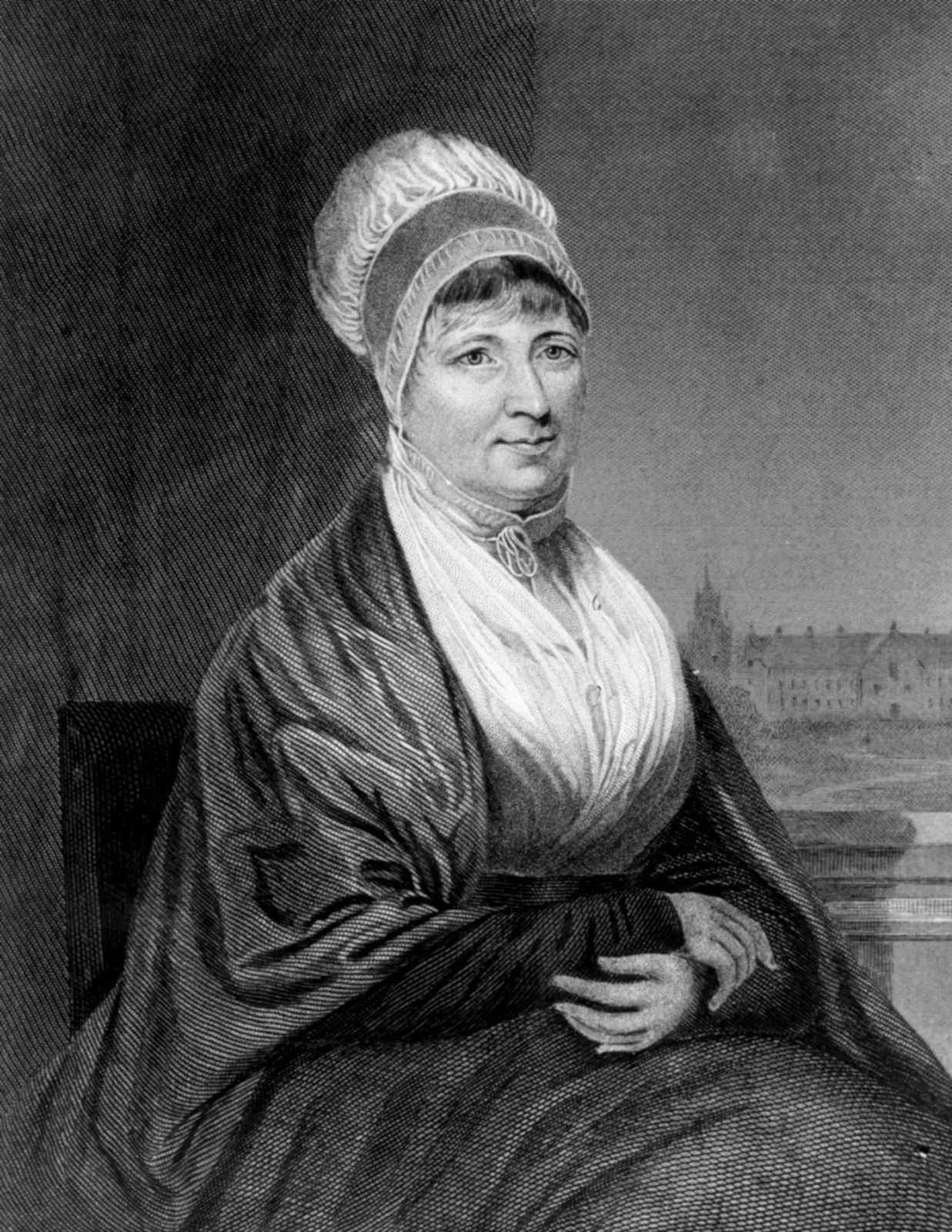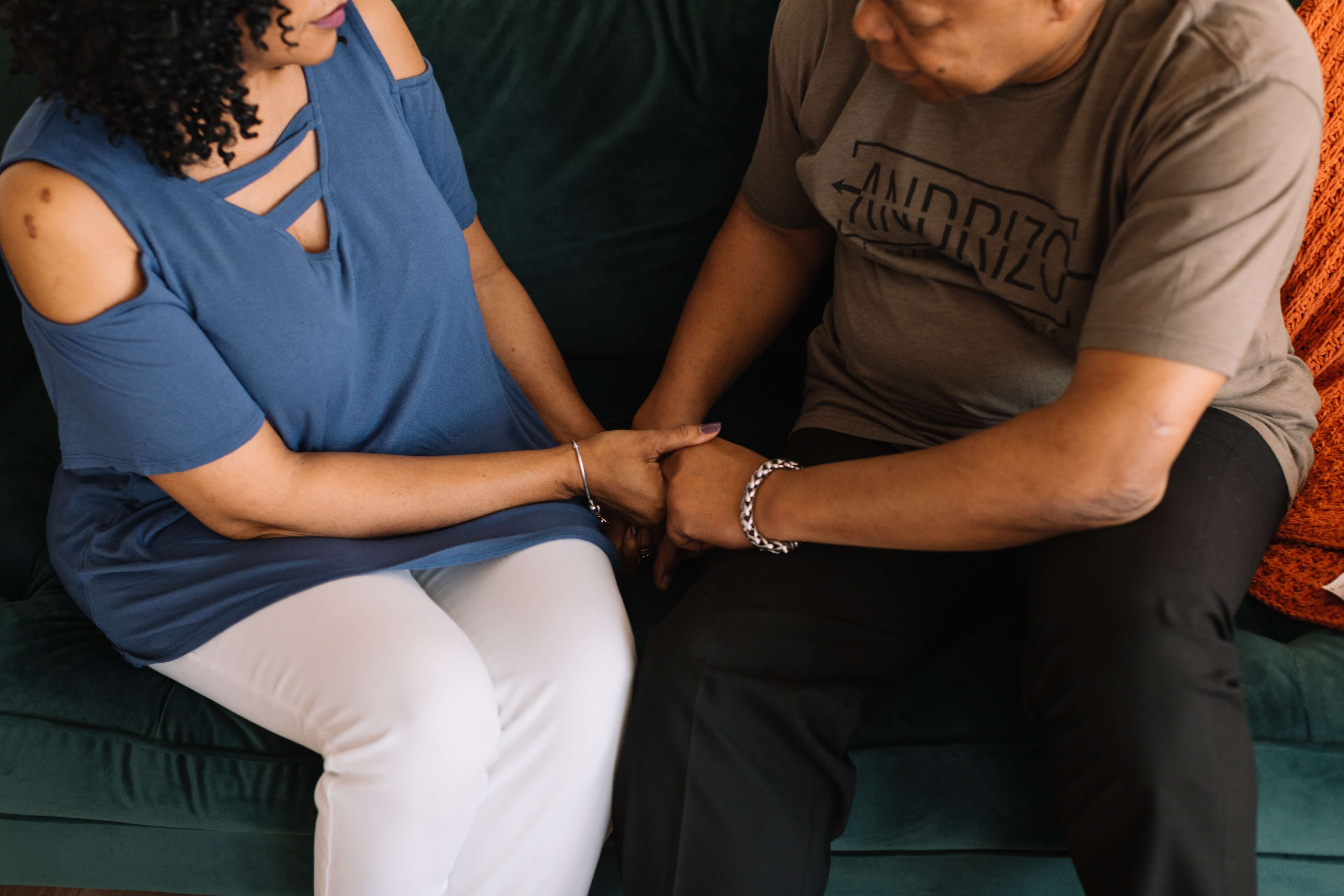Our History
The first Elizabeth Fry Society was established in Vancouver in 1939. Today, there are 21 Elizabeth Fry Societies across Canada— eight of them in Ontario, now falling under the CEFSO umbrella.
The Council of Elizabeth Fry Societies of Ontario (CEFSO) was first established in 1952. Initially, informal meetings were held in the communities with member societies.
We continue to follow our mission statement in order to provide the best possible support for the woman and gender diverse individuals involved in the criminal justice system.
Our Mission
The Council of Elizabeth Fry Societies of Ontario follows three guiding principles as the basis for our work:
1. The fair and equitable treatment of women and gender diverse individuals who are or have been criminalized, or are at risk of becoming criminalized;
2. The community has a responsibility to be active in the criminal justice system;
3. The role of voluntary and non-governmental organizations is vital to the effective realization of this mission.



Who Was Elizabeth Fry?
Elizabeth Gurney Fry, born 1780, always fostered care and concern for her community in England. At the request of a family friend, Fry visited Newgate Prison in 1813, and was horrified to find unlivable and degrading conditions for the women imprisoned there. Following this experience, she devoted the next 30 years of her life to changing these conditions and helping usher in sweeping reform for the prison systems.
Her work left a lasting impact. By her passing in 1845, Elizabeth Fry had accomplished much in the way of improving the lives of imprisoned women:
- She funded a prison school for the children who had been imprisoned with their mothers.
- She brought recognition to the need to house women in separate institutions staffed by women.
- She founded the Association for the Reformation of Female Prisoners in Newgate.
Overall, she promoted the focus of rehabilitation rather than punishment— with the acknowledgement that these women would have to reintegrate with the community following their release, so it was important to prepare them to be successful for this day.
Much of Fry’s guiding philosophies were born of early Quaker beliefs, as defined by her grandfather, Robert Barclays. Quakers believed in the equality of women, even 250 years before women won the right to vote. Elizabeth Fry’s unusual talents in the area of prison reform were given room to thrive.
Her insight, persistence and organizational ability, and her willingness to see a “divine light” in every person, resulted in striking reforms to the manner in which women and children were imprisoned in London’s Newgate Prison. She was soon regarded by many as a leading expert in prison reform and a strong proponent of humane treatment for prisoners.
Inspired by the efforts of Elizabeth Fry and her friends, women in Canada come together in her name to ensure the dignity of each woman and to effect reforms in the correctional system.
The first Elizabeth Fry Society was established in Vancouver in 1939. Thanks to the work of the real life Elizabeth Gurney Fry, volunteerism is an essential part of Elizabeth Fry work and both volunteers and professional staff are involved in program and service delivery.
